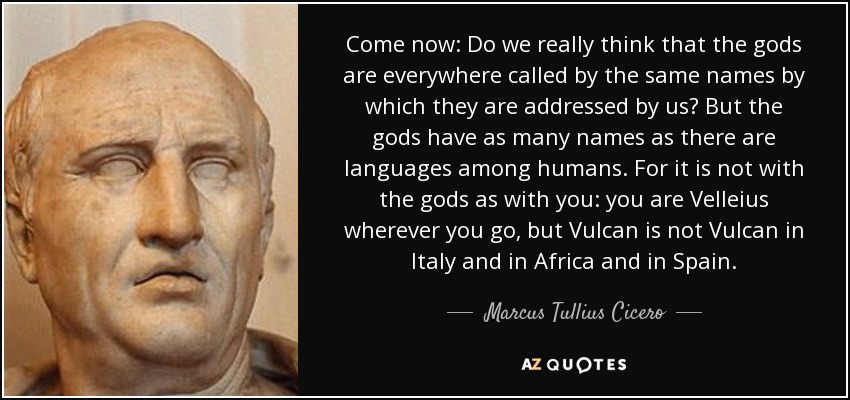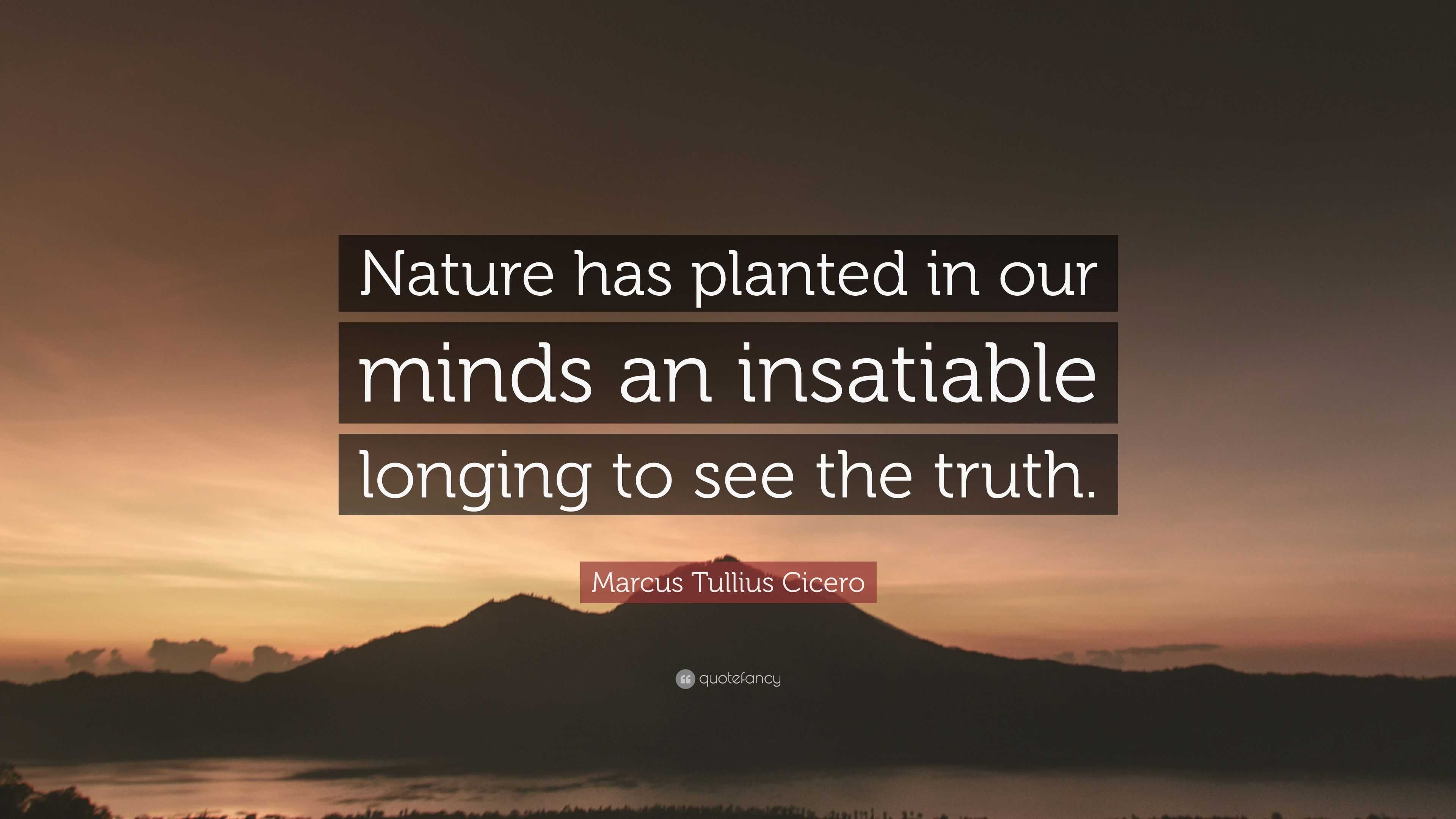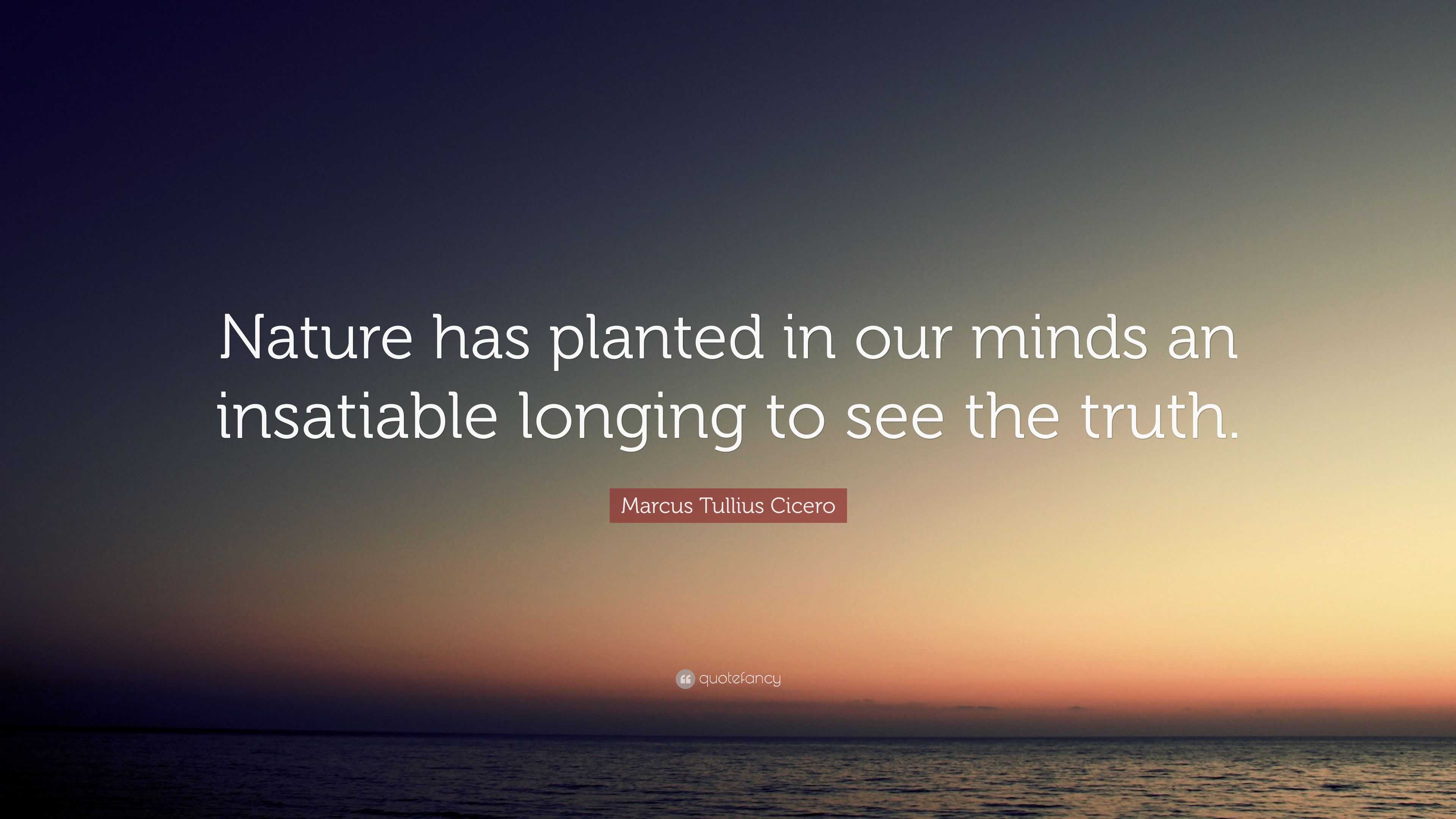
Following Caesar's death, Cicero became an enemy of Mark Antony in the ensuing power struggle, attacking him in a series of speeches. During the chaotic middle period of the first century BC, marked by civil wars and the dictatorship of Julius Caesar, Cicero championed a return to the traditional republican government.

It was during his consulship that the Catiline conspiracy attempted to overthrow the government through an attack on the city by outside forces, and Cicero suppressed the revolt by summarily and controversially executing five conspirators without trial. Though he was an accomplished orator and successful lawyer, Cicero believed his political career was his most important achievement. Cicero introduced into Latin the arguments of the chief schools of Hellenistic philosophy and created a Latin philosophical vocabulary with neologisms such as evidentia, humanitas, qualitas, quantitas, and essentia, distinguishing himself as a translator and philosopher. He wrote more than three-quarters of extant Latin literature that is known to have existed in his lifetime, and it has been said that subsequent prose was either a reaction against or a return to his style, not only in Latin but in European languages up to the 19th century. His influence on the Latin language was immense.

He came from a wealthy municipal family of the Roman equestrian order, and served as consul in 63 BC. Cicero was educated in Rome and in Greece.

He is considered one of Rome's greatest orators and prose stylists and the innovator of what became known as Ciceronian rhetoric.

His extensive writings include treatises on rhetoric, philosophy and politics. Marcus Tullius Cicero ( / ˈ s ɪ s ə r oʊ/ SISS-ə-roh Latin: 3 January 106 BC – 7 December 43 BC) was a Roman statesman, lawyer, scholar, philosopher, writer and academic skeptic, who tried to uphold optimate principles during the political crises that led to the establishment of the Roman Empire.


 0 kommentar(er)
0 kommentar(er)
